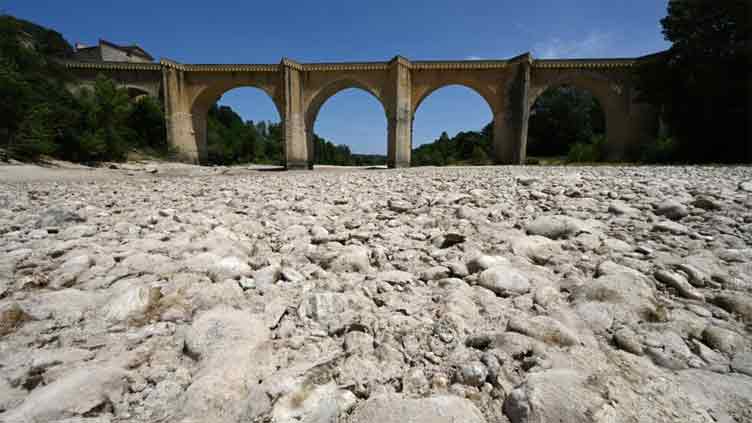Climate change is slowing heatwaves, a phenomenon visible in Pakistan too

LAHORE/WASHINGTON (MNP) – Pakistan is experiencing rising temperatures and longer heatwaves at a time when the number of rainy days have also reduced. Extreme temperatures are having serious impacts on urban centres which lack greenbelts to help minimise the sufferings.
At the top of that, our construction has nothing to the weather trends and climate, resulting in generating an oven effect in the cities.
On the other hand, the higher temperatures and heatwaves are also affecting the agriculture sector badly, pointing to an urgent need to modify the existing crop pattern.
A latest study published in Science Advances and reported by AFP has confirmed this trend, saying that climate change is causing heatwaves to slow to a crawl, exposing humans to extreme temperatures for longer than ever before.
While previous research has found climate change is causing heatwaves to become longer, more frequent and more intense, the new paper differed by treating heatwaves as distinct weather patterns that move along air currents, just as storms do.
For every decade between 1979 and 2020, researchers found heatwaves slowed down by an average of five miles (eight kilometres) an hour per day.
